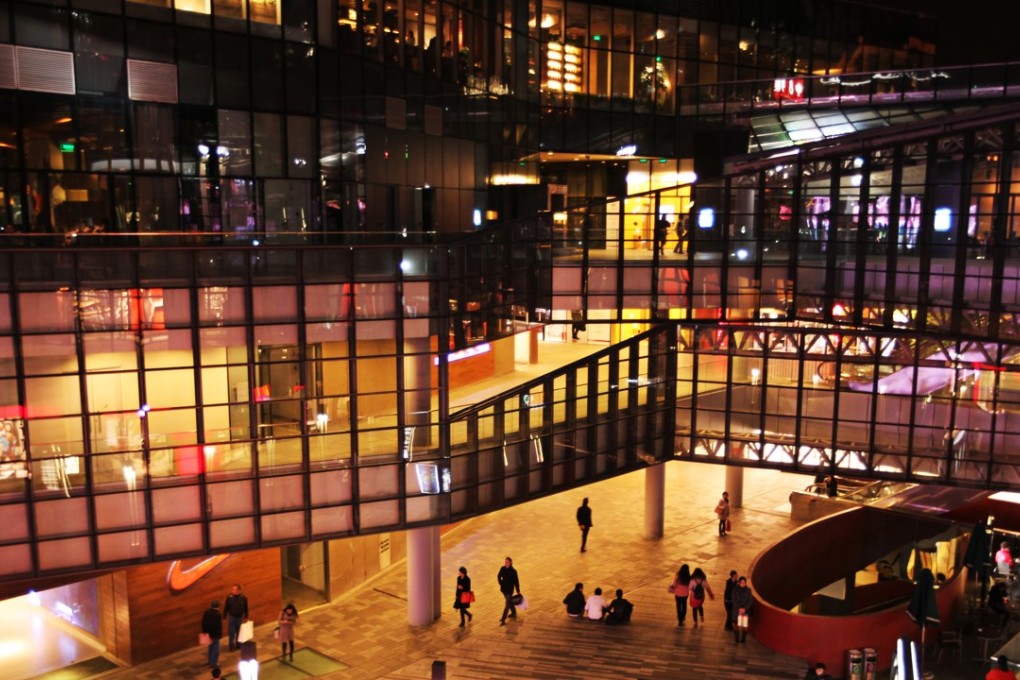Beijing police order limit on foreigners in university district pizza bars and cafes
Restaurants in Wudaokou in the capital’s north say they have been told to not to allow more than 10 foreigners in at any one time

Police are checking various popular student hangouts in Beijing’s university district to make sure they have no more than 10 foreigners inside at any one time, as the stability-obsessed authorities ramp up security for China’s biggest annual political gathering.
Security is usually tight in the capital during important political events, with petitioners kept at arm’s length and activists kept under close watch.
But this time, the focus is also on foreign students in Wudaokou, in the city’s north.
Three restaurants and bars in the area said police had told them in the last week to keep out big groups of foreigners until two days after the end of the annual session of the National People’s Congress.
“Until March 22, every Friday night and Saturday, as requested by local authorities, we can only allow a maximum of 10 foreigners in our store at a time,” a notice at one pizzeria said.